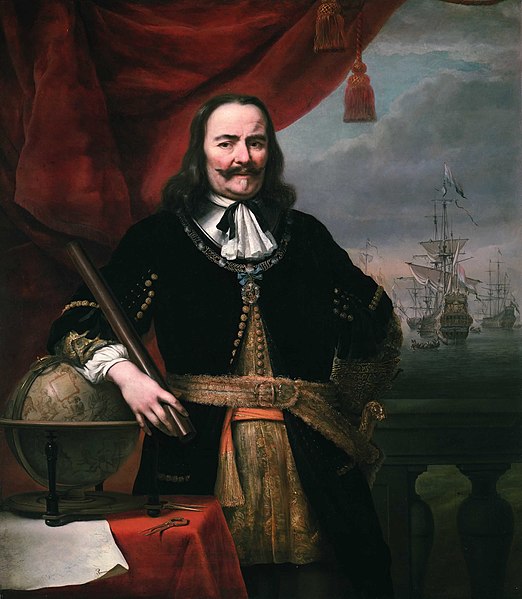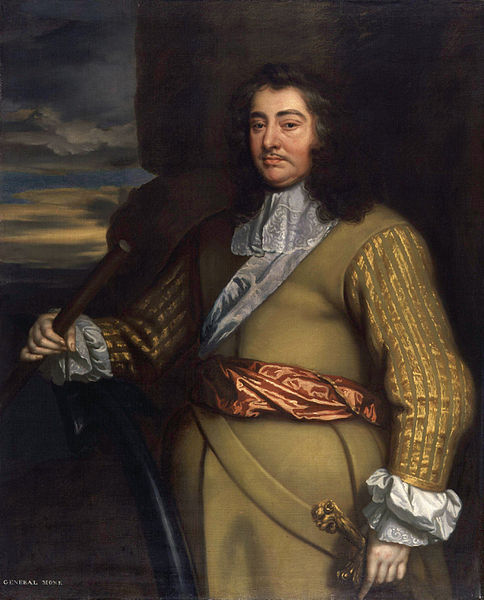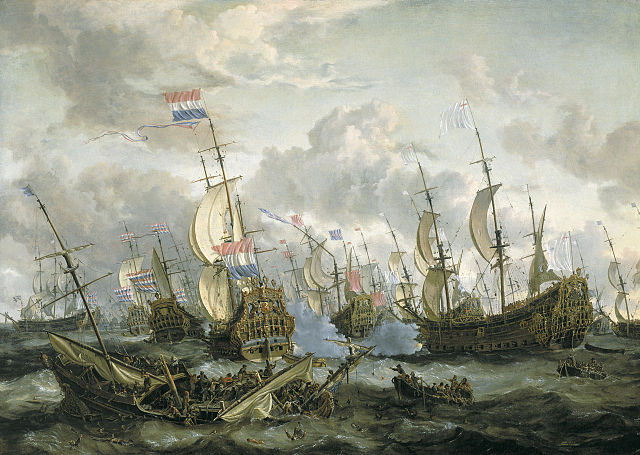Infinite photos and videos for every Wiki article ·
Find something interesting to watch in seconds
Celebrities
Orders and Medals
British Monarchs
Animals
Supercars
Best Campuses
World Banknotes
Great Artists
Kings of France
Rare Coins
Famous Castles
Richest US Counties
Sports
Ancient Marvels
Largest Palaces
Crown Jewels
Largest Empires
Presidents
Great Cities
Recovered Treasures
History by Country
Great Museums
Wonders of Nature
Tallest Buildings
Countries of the World
Wars and Battles
more top lists







